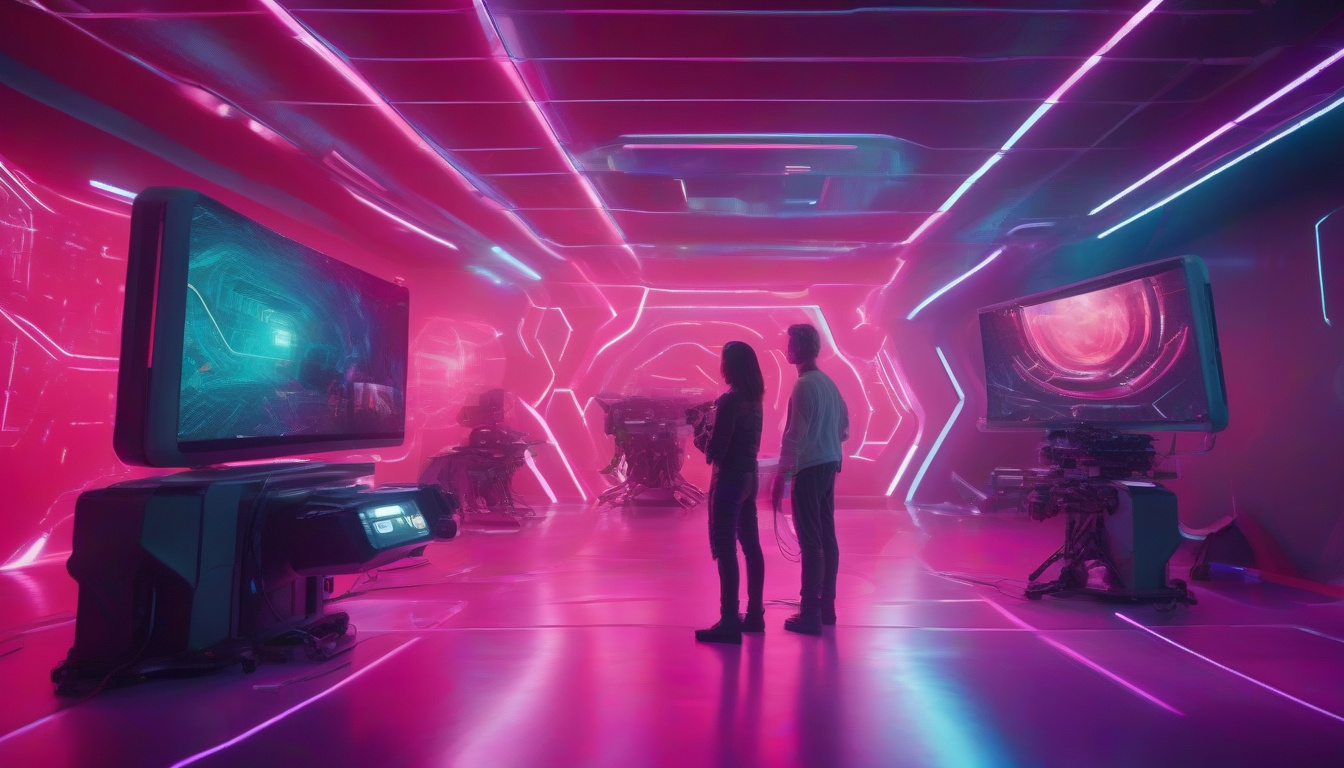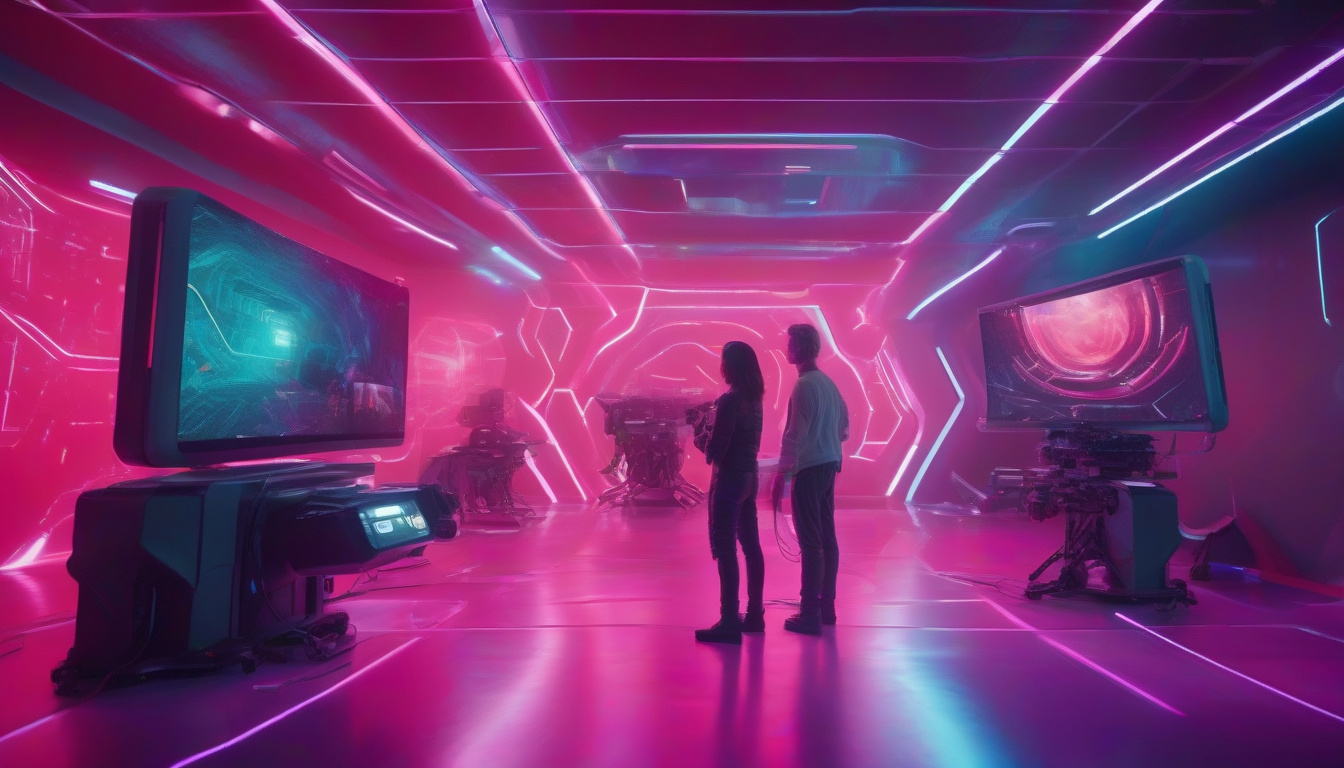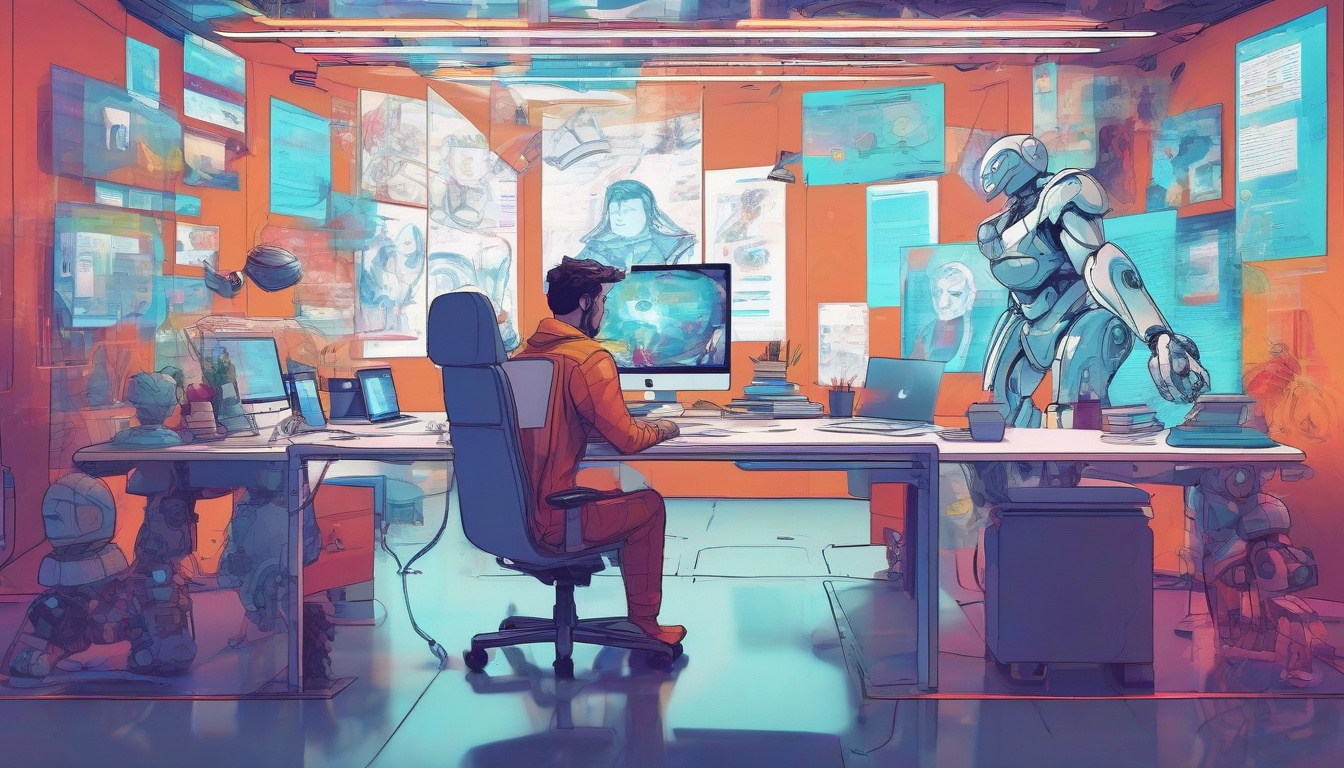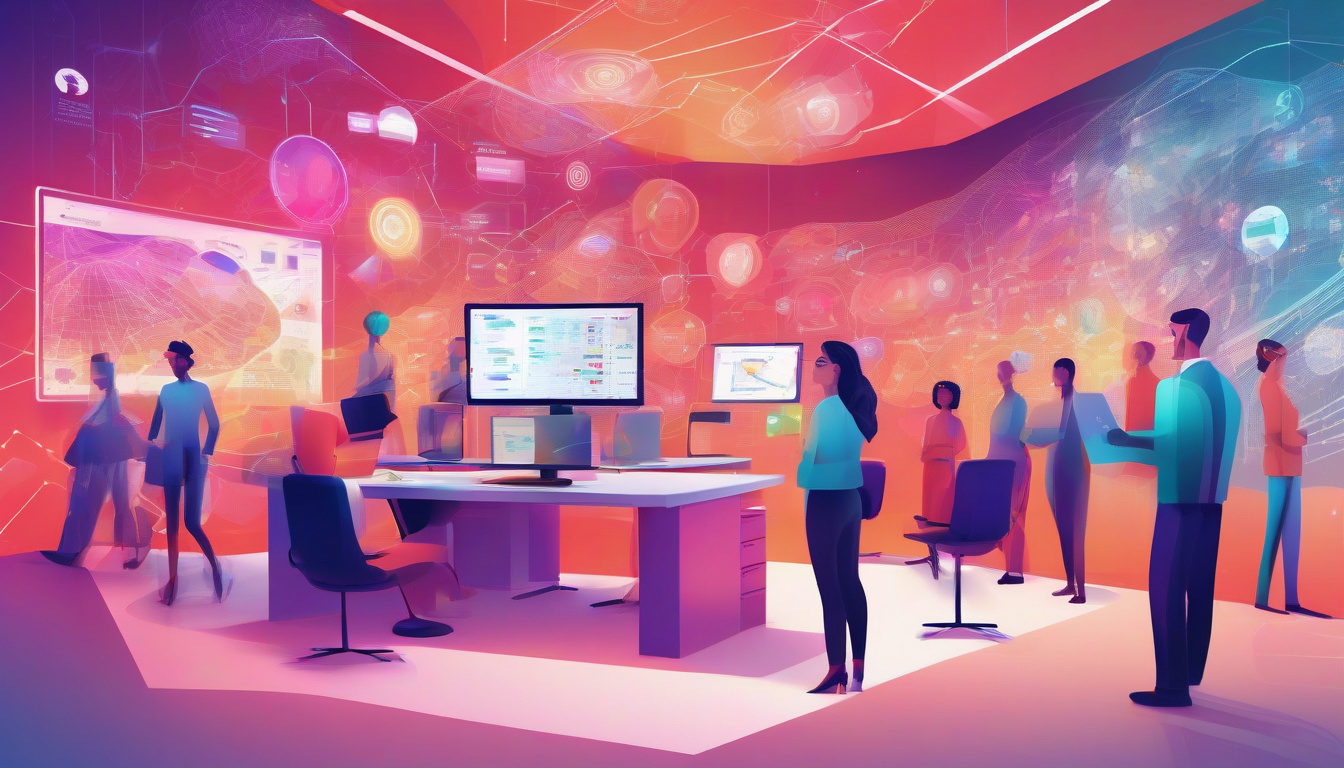
In recent years, deep learning in filmmaking has emerged as a revolutionary force, reshaping the landscape of how movies are created, produced, and consumed.
By harnessing the power of artificial intelligence, filmmakers are now able to push creative boundaries and enhance various aspects of the filmmaking process, from scriptwriting to special effects.
As this technology continues to evolve, it promises to open new doors for storytellers and audiences alike.
In this article, we will explore the transformative impact of deep learning in filmmaking and examine the exciting advancements that are shaping the future of cinema.
Get Professional Screenplay Coverage in Minutes, Not Weeks!
 Get Professional Screenplay Coverage in Minutes, Not Weeks!
Get Professional Screenplay Coverage in Minutes, Not Weeks!

AI-Powered Scriptwriting and Story Development
In recent years, deep learning in filmmaking has revolutionized the scriptwriting and story development process, providing filmmakers with innovative tools to enhance their creative efforts.
By leveraging AI algorithms, writers can analyze vast amounts of data, including existing scripts, audience preferences, and successful narrative structures, to generate compelling storylines that resonate with viewers.
These AI systems can suggest plot twists, develop character arcs, and even craft dialogue that feels authentic and engaging.
Additionally, deep learning models can predict potential audience reactions, allowing creators to refine scripts before filming begins, ultimately leading to films that are not only entertaining but also commercially viable.
As technology evolves, the collaboration between human creativity and AI capabilities continues to reshape the landscape of filmmaking, making deep learning an invaluable asset in the modern storytelling arsenal.
Automating Editing and Post-Production Processes
Deep learning in filmmaking is revolutionizing the way video editing and post-production processes are handled, offering filmmakers powerful tools to enhance their creative workflows.
By automating tedious tasks such as video color correction, scene detection, and audio synchronization, deep learning algorithms significantly reduce the time and effort traditional editing requires.
For instance, machine learning models can analyze hours of footage to identify the best takes, effectively streamlining the selection process for editors.
Additionally, AI-driven software can automatically generate video highlights, making it easier for creators to focus on storytelling rather than technical details.
As more filmmakers incorporate deep learning into their post-production processes, they not only improve efficiency but also elevate the overall quality of their projects, paving the way for innovative cinematic experiences.

The Role of Deep Learning in Audience Analysis and Marketing
The role of deep learning in filmmaking is rapidly transforming the landscape of audience analysis and marketing strategies.
With the vast amounts of data generated by streaming platforms and social media, filmmakers are now harnessing advanced algorithms to delve into audience preferences and behaviors.
By utilizing deep learning techniques, creators can analyze viewer demographics, historical viewing patterns, and even emotional responses to content, enabling them to tailor their films to meet the specific desires of their target audience.
This data-driven approach not only enhances the likelihood of a project’s success but also assists in crafting personalized marketing campaigns that resonate with potential viewers.
Furthermore, deep learning models can predict the success of scripts based on past performance, allowing filmmakers to make informed decisions before production begins.
As a result, the integration of deep learning in filmmaking is not just a trend but a pivotal innovation that promises to shape the future of cinematic storytelling and audience engagement.
Future Prospects: The Evolution of Filmmaking with AI
The future of filmmaking is poised for transformative changes, thanks in large part to the advancements in deep learning in filmmaking.
This cutting-edge technology harnesses the power of artificial intelligence (AI) to enhance various aspects of the production process, from script analysis to post-production editing.
Filmmakers are now able to utilize AI algorithms that can analyze scripts and predict audience reactions, enabling them to create more engaging content.
Moreover, deep learning is revolutionizing visual effects, allowing for the generation of realistic CGI and animation with unprecedented ease.
With these tools at their disposal, directors and editors can focus more on storytelling and creativity rather than technical limitations.
As deep learning in filmmaking continues to evolve, it not only democratizes the filmmaking process but also opens up new avenues for innovation, making the possibilities for future films virtually limitless.






